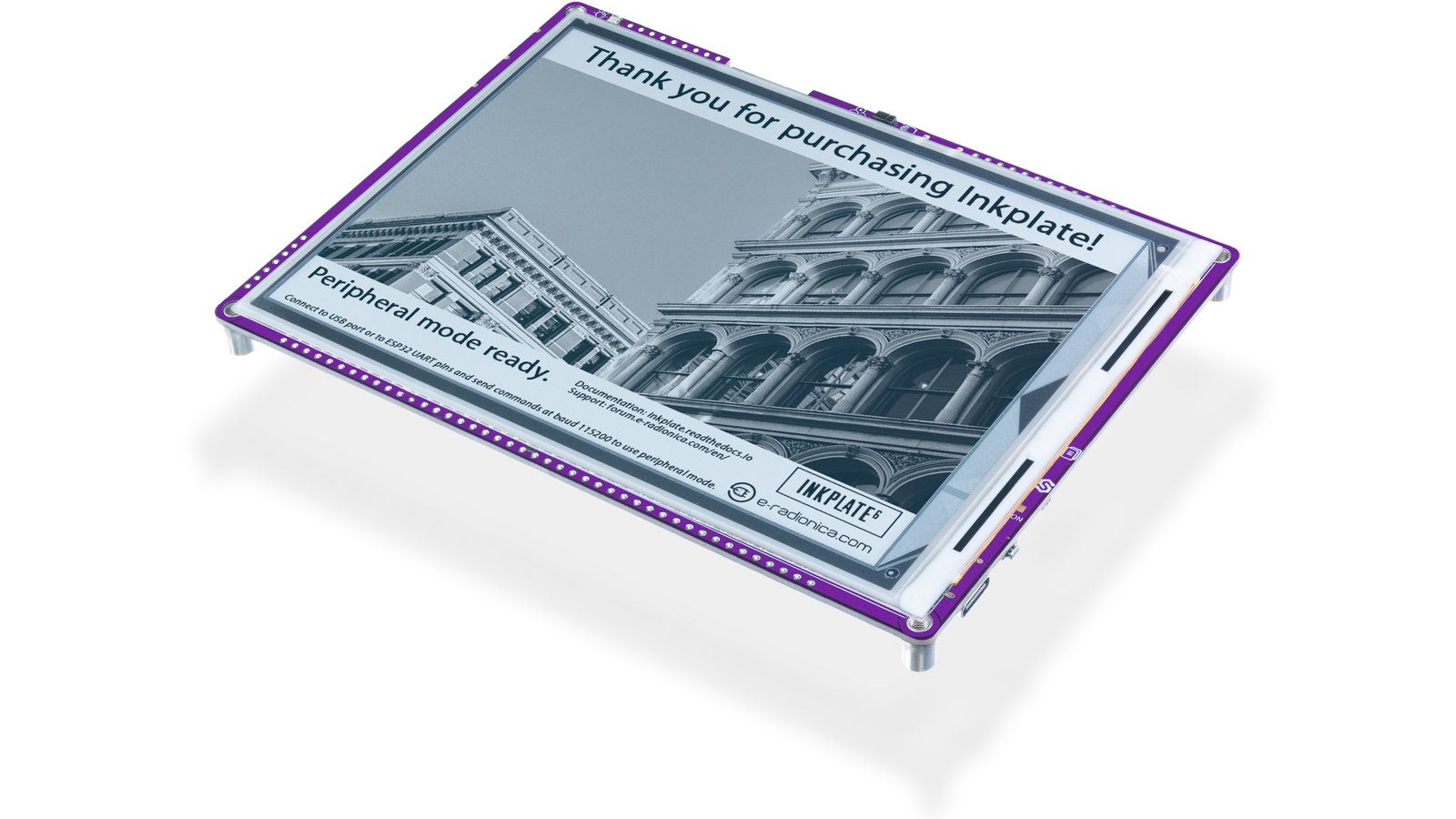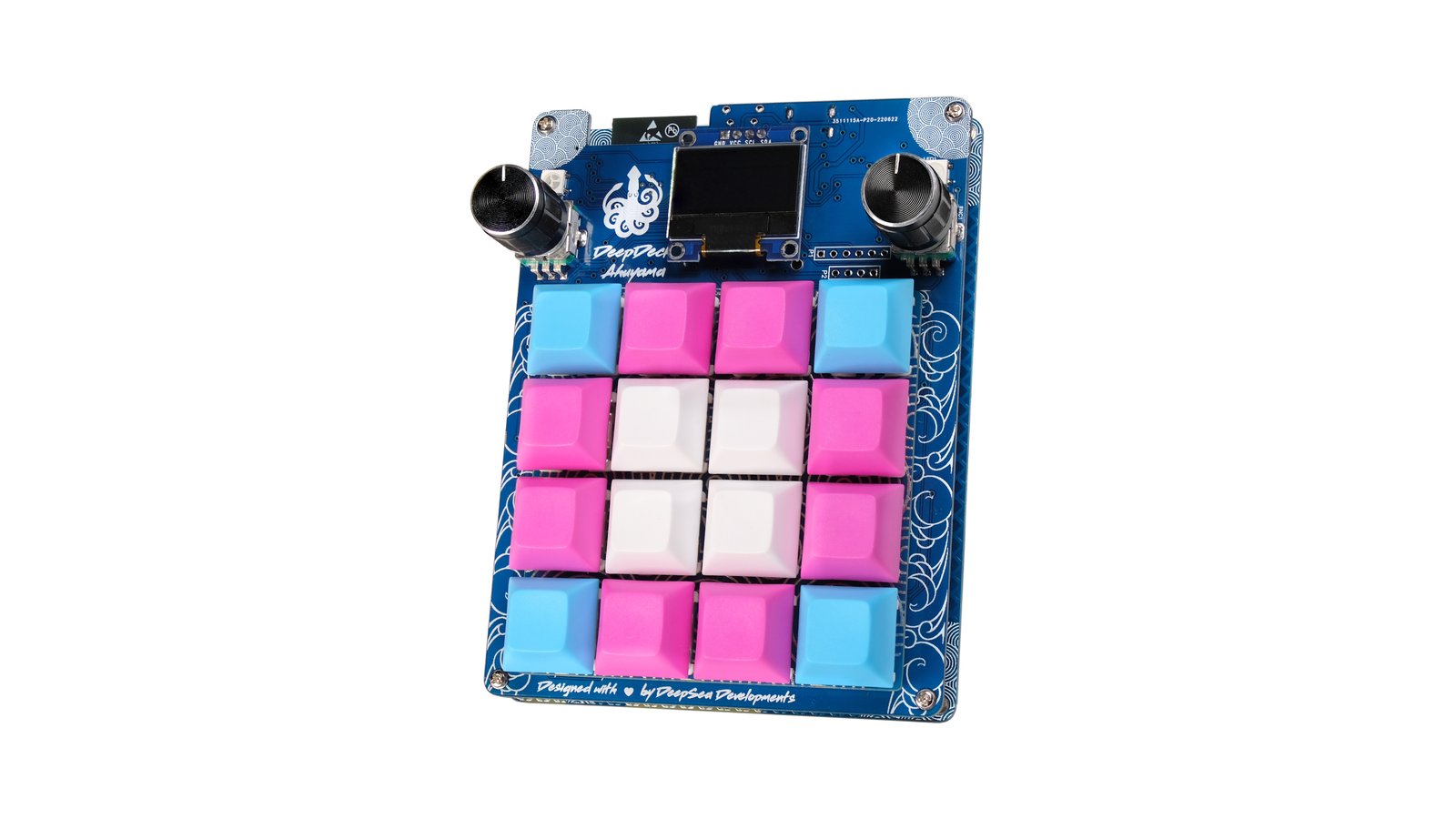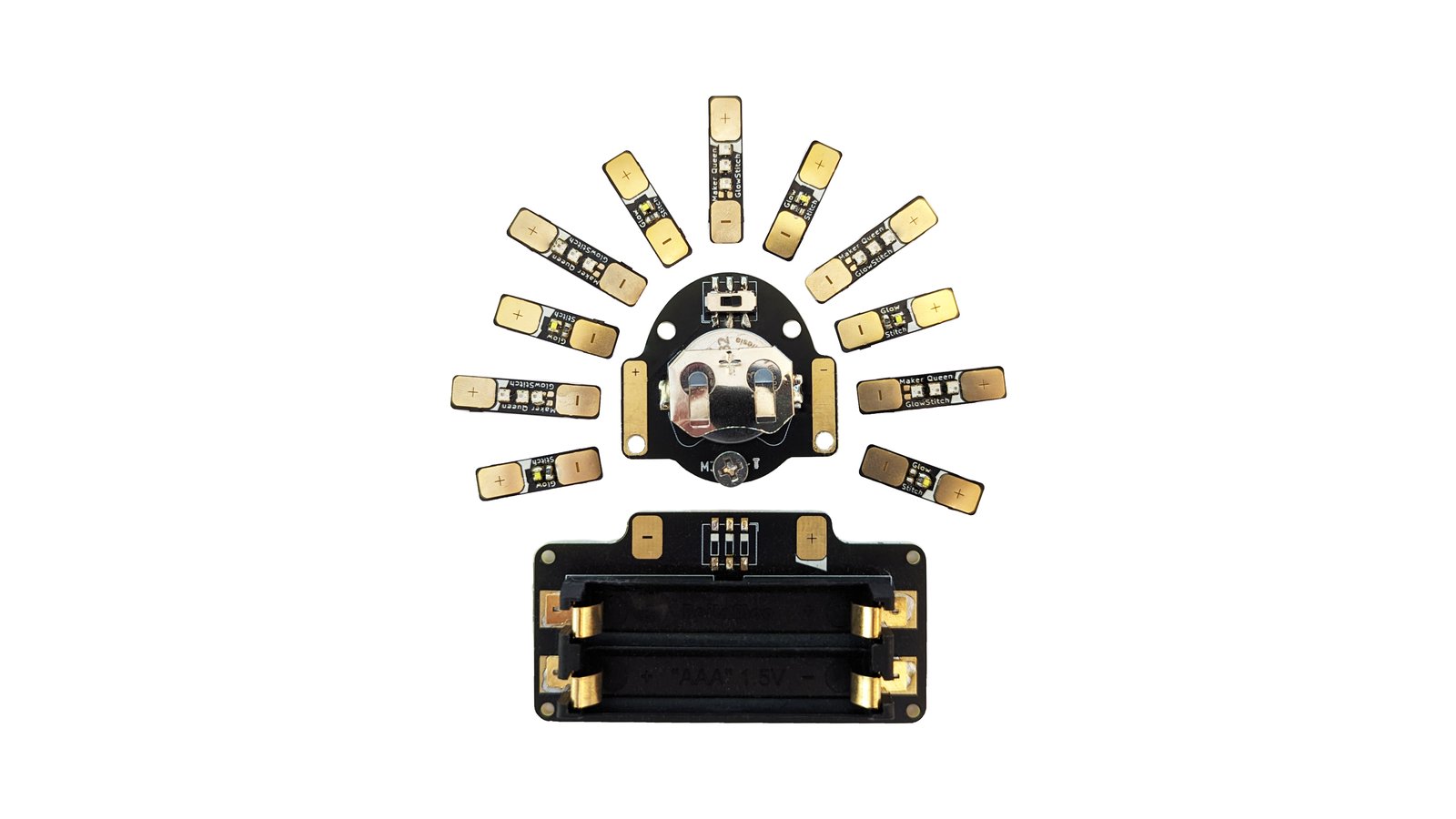YULC
Light up your world with this advanced USB Type-C powered LED controller
This project is launching soon.
This project is launching soon.
YULC (Yes, a USB Type-C LED Controller) is a fully-featured controller board perfect for modern lighting projects. It features extensive protection to ensure safety for both the charger and the LEDs and thanks to its built-in buck regulator, it can provide enough power to feed very power-hungry lighting setups.
At the heart of this new board is a powerful ESP32-S3, which you can program over the built-in USB Type-C port. This means that complex effects are easily achieved without adding other computing power. YULC empowers you to unlock a world of creative lighting possibilities—it’s the perfect companion for bringing your ideas to life without messy wiring or major compromises.
YULC provides two ways to feed your LED creations. Choose from the USB Type-C port supporting the Power Delivery 3.0 protocol (5 V, 9 V, 12 V, 15 V, and 20 V) for up to 100 W (5 A @20 V), or use a separate power supply via the barrel jack (up to 20 A@ 24 V). A secondary buck converter powers the ESP32-S3 and all the other components.
YULC empowers you to choose how your strips receive power:
Direct Power: Route the input power straight to the strips for maximum efficiency.
Bucked-Down Power: Utilize the built-in converter to deliver 5 V or 12 V to your strips, with a maximum of 20 A. Simply populate one of the two fuse holders to select your preference.
This gives you multiple ways of powering a typical WS28112B LED strip: whether using direct 5 V input from USB or a barrel jack or stepping down power from a higher-power source, YULC is exceptionally flexible.
Here, you can have a look at how the power path works:
Powering all the logic and the ESP32-S3 with a dedicated secondary power stage without relying on the main one ensures that everything will still work as expected in case of a blown fuse. So replacing the fuse on the fly will be the only thing you’ll need to be ready again. Additionally, ESD shielding and overvoltage protection will keep the board safe and running reliably for a long time while hooked up to power.
YULC comes with two separate LED channels, each equipped with a level shifter to ensure clean data transmission even for extended LED strips, giving you complete strip control—no external level shifting or pixel sacrifices necessary.
Dedicated power MOSFETs (one for each channel) eliminate the need for external relays to physically turn on and off the strips, saving a considerable amount of power for long runs of LEDs. These allow for direct control and smooth dimming via PWM for simpler strips.
Hardware Button: This board features a button to control your strips or effects easily. It’s also the boot button of the ESP32-S3.
Breadboard-Friendly: The header exposes a multitude of ESP32-S3 pins via a breadboard-compatible header. This simplifies the process of adding functionalities like microphones, potentiometers, and more to your lighting project.
GPIO Header:
| Pin | Function |
|---|---|
| GPIO 0 (DO) | Boot/User Button |
| GPIO 1 (DO) | Led Data 1 |
| GPIO 2 (DO) | Led Data 2 |
| GPIO 21 (DO) | Mosfet 1 |
| GPIO 47 (DO) | Mosfet 2 |
| GPIO 7 (AI) | Fuse sense |
| GPIO 12 | IO (Unused) |
| GPIO 17 | IO (Unused) |
| GPIO 18 | IO (Unused) |
| GPIO 39 | IO (Unused) |
| GPIO 40 | IO (Unused) |
| GPIO 41 | IO (Unused) |
| GPIO 42 | IO (Unused) |
| GPIO 44 | TX (Unused) |
| GPIO 43 | RX (Unused) |
This project was born open source. The schematic can be found in the project repository; later, more documentation will be available.
You can sign up at the top of this page to be notified when the campaign launches and to receive other updates. We provide useful information only, and you can unsubscribe at any time.
"YULC supports USB-C (100W) or barrel jack (240W), has a built-in buck converter, and level-shifters for WS2812B strips."

· ale1800
AAElectronics's aim is to create unique and open source hardware for everyone, prioritizing usability.

Expand your creative horizons with the fastest e-paper screen around

Wireless, fully programmable, open source, ESP32 macropad featuring 16 RGB, mechanical, hot-swappable keys and two RGB rotary encoders

Flexible, chainable, easy-to-use, machine-sewable micro-LED strips that require no soldering or code